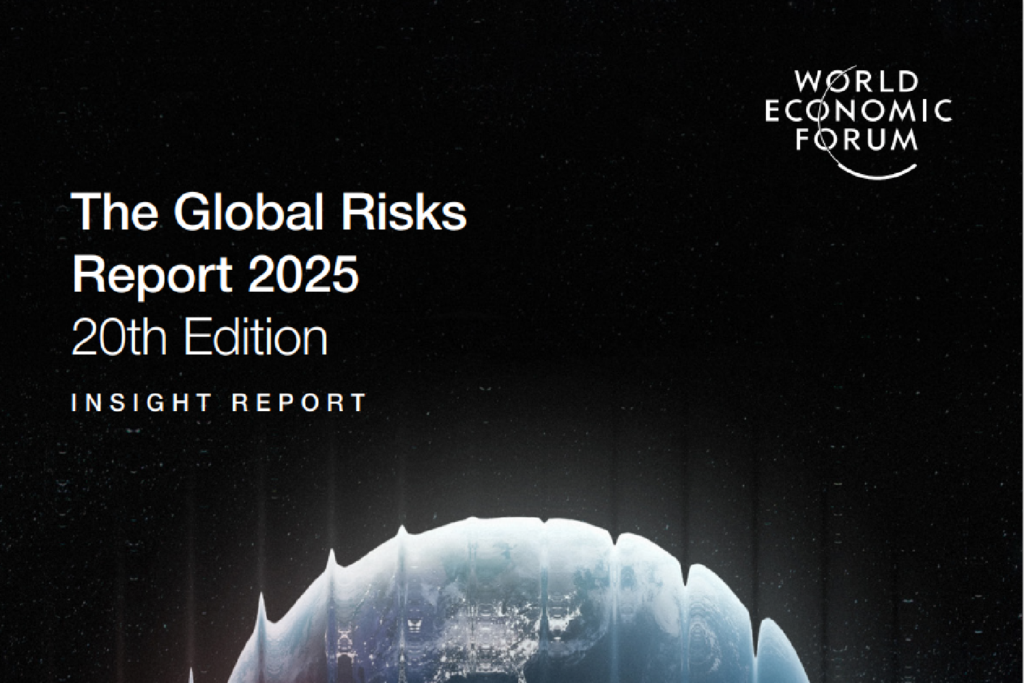We live in times of multiple entwined crises – but our policy responses aren’t keeping up
The authors discuss the inadequacy of current policies in addressing interconnected crises like biodiversity loss, climate change, and pollution. Drawing on two IPBES assessment reports, they argue that while these reports offer effective policy options for transformative change, progress in implementing these solutions remains insufficient.









